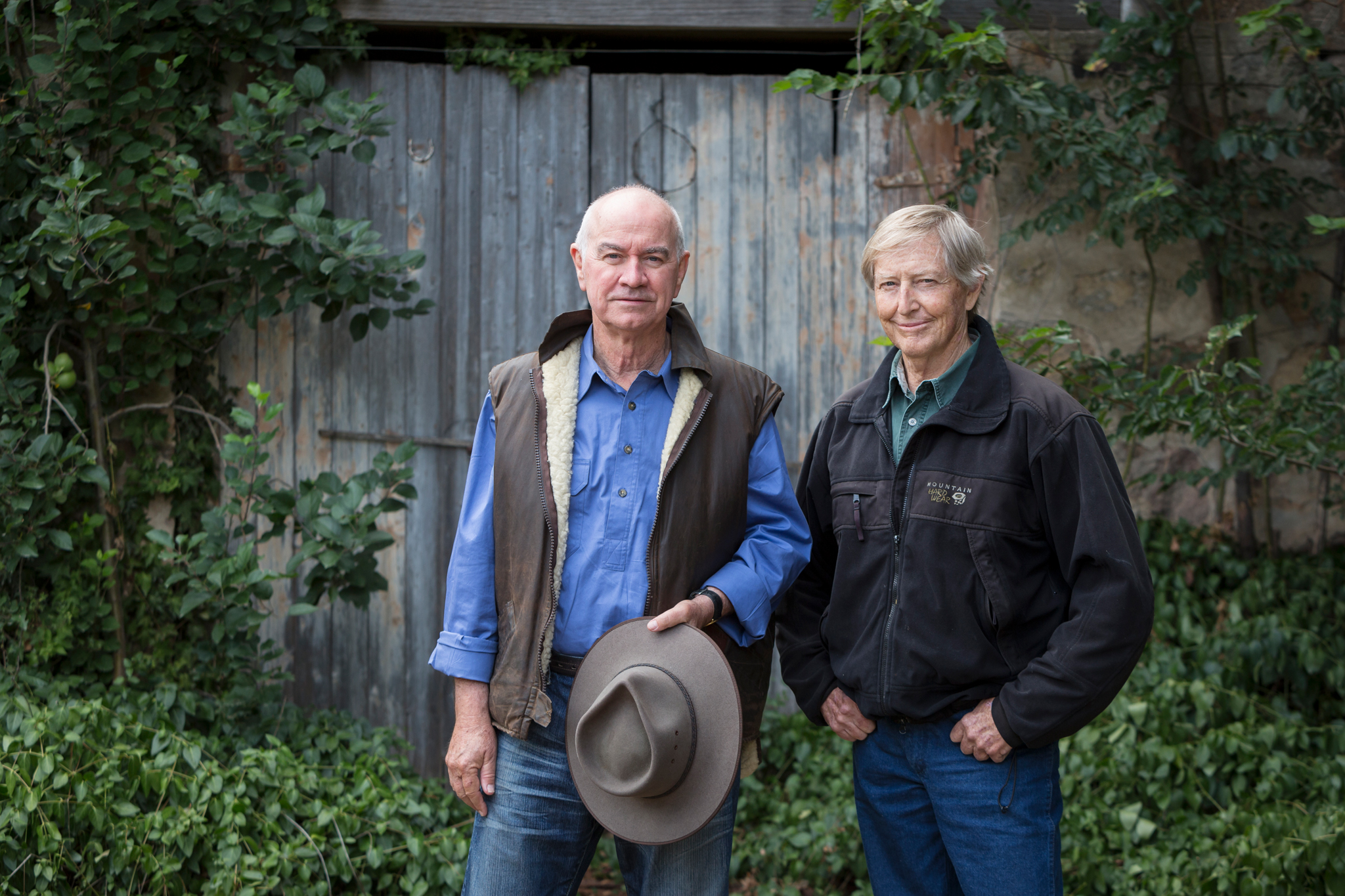As a conventional farmer with 6000 acres of farmland, Tony Coote knew first-hand how dehydrated Australia’s land had become. Inspired by the work of Peter Andrews – an acclaimed farmer able to convert drought-ridden land into green and fertile pasture – Tony and his wife decided to convert to regenerative farming methods. Their success has inspired countless other farmers, leading to the establishment of The Mulloon Institute in 2011.
The Mulloon Institute has been recognised nationally and internationally for its regenerative work – including being invited by the UN to be one of only five international projects that demonstrate successful environmental repair and rehydration.
The farmland, Mulloon Creek Natural Farms in Bungendore NSW, is now home to 20,000 hens which produce 75,000 eggs a week. Tony says their operation is true free range, leading to eggs which have been independently proven to contain four times more essential Omega 3s than conventional eggs.
Chairman of The Mulloon Institute, Gary Nairn, says that the Queanbeyan-Palerang region offers all the benefits of the country lifestyle, without any real restrictions to services. “85% of our eggs go into the Sydney markets. It isn’t far, access is easy, and we have a great lifestyle at the same time.” He says that technology makes markets easily accessible from almost any remote or regional area.
Tony believes there are huge contrasts between the way people think in the cities and the way they think on the land. He’d love to get more people out onto the land, so they can experience it for themselves. “It will change their lives forever!” he says.
For more information, visit The Mulloon Institute. You can find out more about visiting the Queanbeyan-Palerang region at www.visitqueanbeyan.com.au, and living and working in the region at www.qprc.nsw.gov.au.

